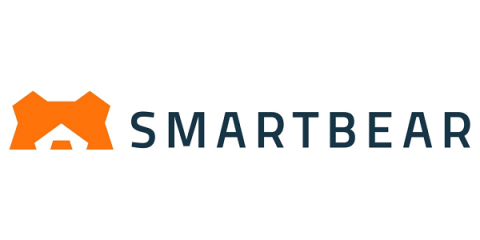What Is Platform Engineering?
Platform engineering is a software development approach that combines DevOps principles to elevate the developer experience. It focuses on designing and constructing toolchains and workflows that promote self-service capabilities for software engineering teams. By addressing security, compliance, and operational efficiency, platform engineering enables organizations to build robust internal systems tailored to the needs of both developers and operations teams.











